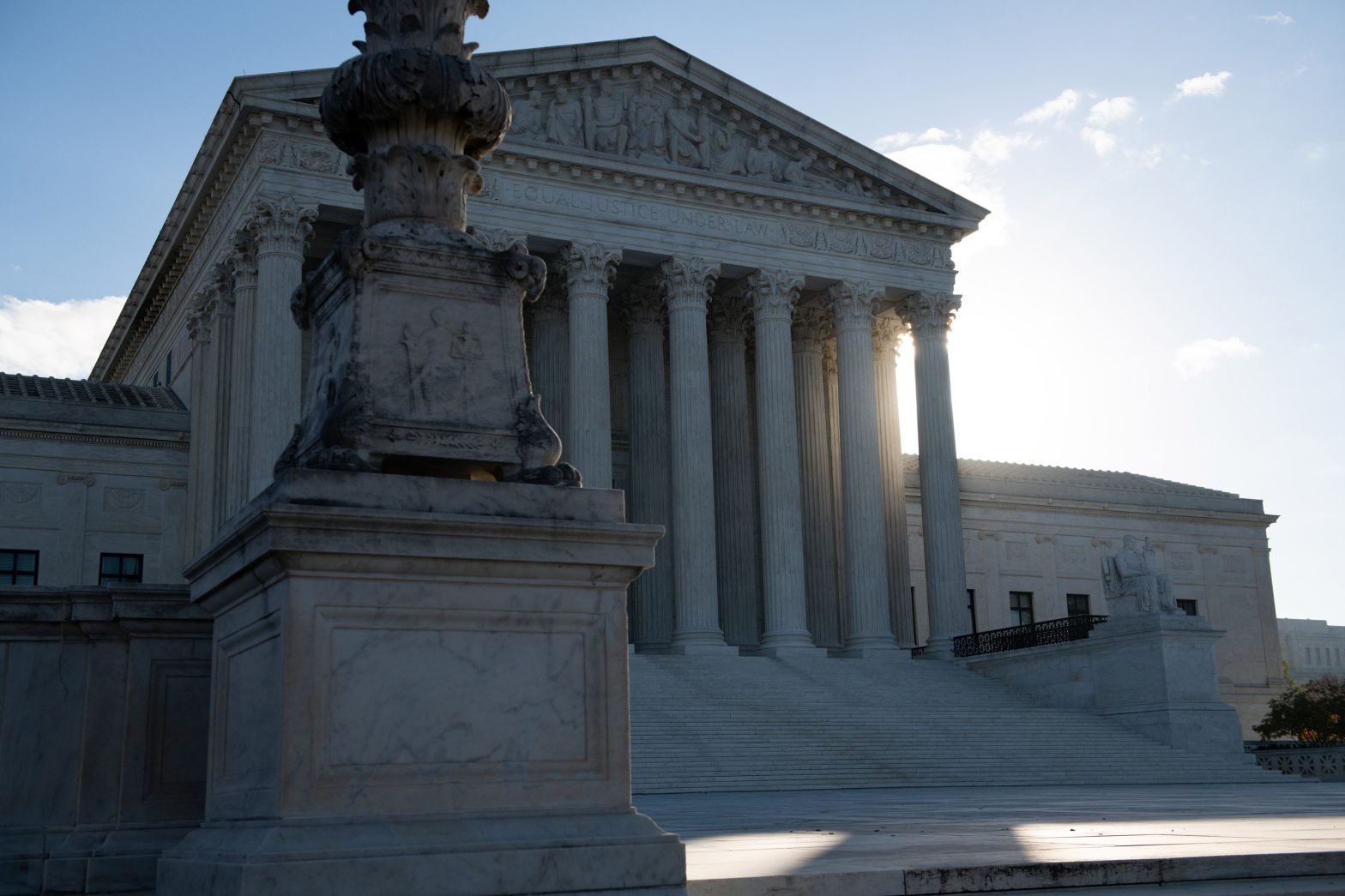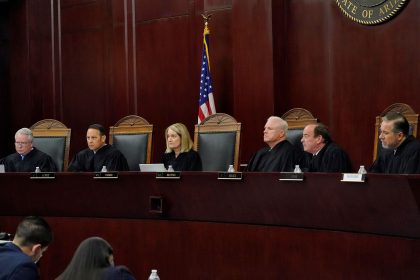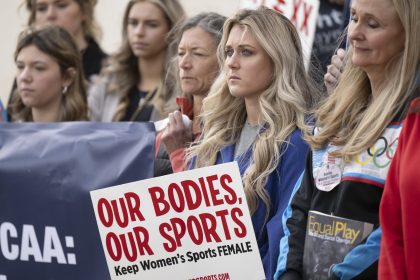Governor to Pardon Plessy, of ‘Separate but Equal’ Ruling

NEW ORLEANS (AP) — Louisiana’s governor planned to posthumously pardon Homer Plessy on Wednesday, more than a century after the Black man was arrested in an unsuccessful attempt to overthrow a Jim Crow law creating “whites-only” train cars.
The Plessy v Ferguson case went to the U.S. Supreme Court, which ushered in a half-century of laws calling for “separate but equal” accommodations that kept Black people in segregated schools, housing, theaters and other venues.
Gov. John Bel Edwards scheduled the pardon ceremony for a spot near where Plessy was arrested in 1892 for breaking a Louisiana law requiring Black people to ride in cars that the law described as “equal but separate” from those for white customers. The date is close to the 125th anniversary of Plessy’s guilty plea in New Orleans.
Relatives of both Plessy and the judge who convicted him were expected to attend.
It spotlights New Orleans as the cradle of the civil rights movement, said Keith Plessy, whose great-great-grandfather was Plessy’s cousin — Homer Plessy had no children.
“Hopefully, this will give some relief to generations who have suffered under discriminatory laws,” said Phoebe Ferguson, the judge’s great-great-granddaughter.
The state Board of Pardons recommended the pardon on Nov. 12 for Plessy, who was a 30-year-old shoemaker when he boarded the train car as a member of a small civil rights group hoping to overturn the law.
Instead, the 1896 ruling solidified whites-only spaces in public accommodations until a later Supreme Court unanimously overturned it in Brown v Board of Education in 1954. Both cases argued that segregation laws violated the 14th Amendment’s right to equal protection.
In Plessy, Justice Henry Billings Brown wrote for the 7-1 majority: “Legislation is powerless to eradicate racial instincts or to abolish distinctions based upon physical differences.”
Justice John Harlan, the dissenter, wrote that he believed the ruling “will, in time, prove to be quite as pernicious as the decision made by this tribunal in the Dred Scott Case.”
That 1857 decision said no Black person who had been enslaved or was descended from a slave could ever become a U.S. citizen. It was overturned by the 13th and 14th Amendments, passed in 1865 and 1866.
Plessy lacked the business, political and educational accomplishments of most other members of the group trying to strike down the segregation law, Keith Weldon Medley wrote in the book ”We As Freemen: Plessy v. Ferguson.” But his light skin — court papers described him as someone whose “one eighth African blood” was “not discernable” — positioned him for the train car protest.
“His one attribute was being white enough to gain access to the train and black enough to be arrested for doing so,” Medley wrote.
Five blocks of the street where he was arrested, renamed Homer Plessy Way in 2018, runs through the campus of the New Orleans Center for Creative Arts, where the ceremony was to be held outdoors for COVID-19 safety.
Eight months after the ruling in his case, Plessy pleaded guilty on Jan. 11, 1897. He was fined $25 at a time when 25 cents would buy a pound of round steak and 10 pounds of potatoes. He died in 1925 with the conviction on his record.
Relatives of Plessy and John Howard Ferguson, the judge who oversaw his case in Orleans Parish Criminal District Court, became friends decades later and formed a nonprofit that advocates for civil rights education.























